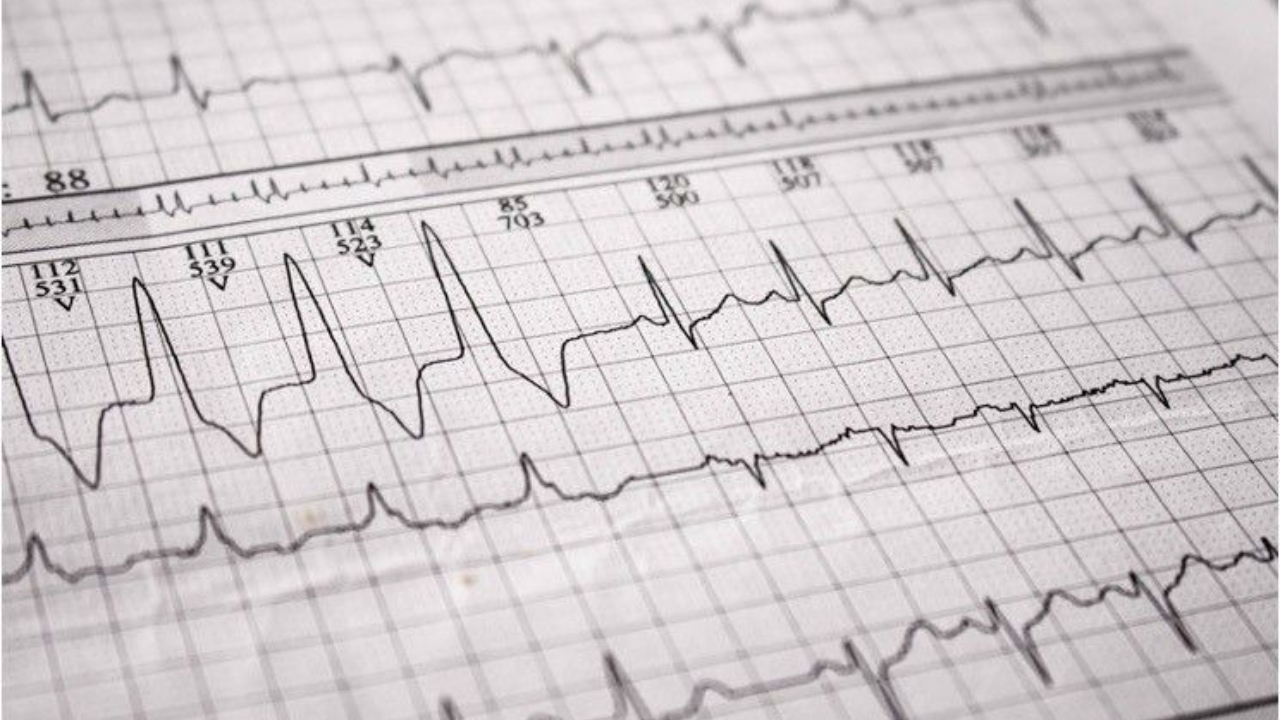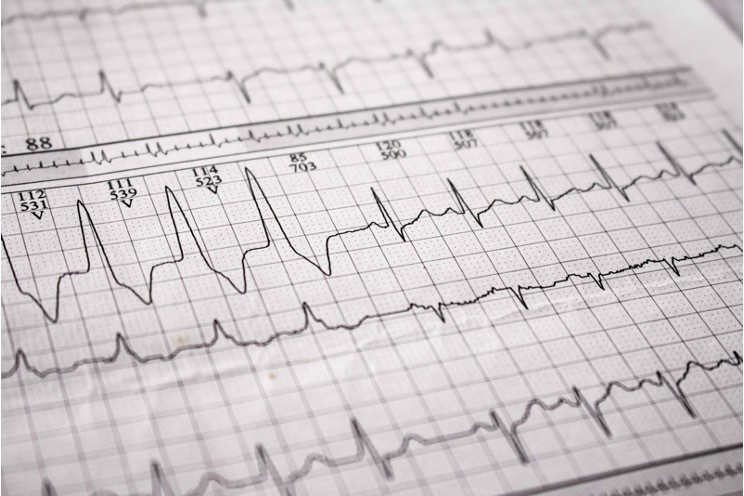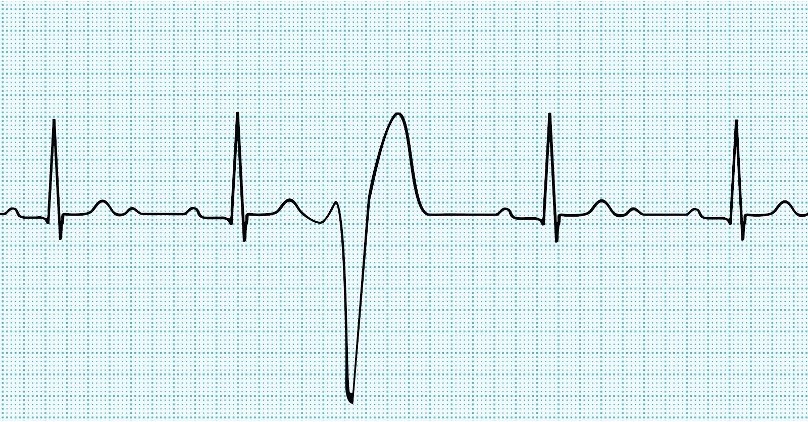What Causes Heart Palpitations?
Jul 17, 2023
What Causes Heart Palpitations?
Written by Sandeep Singh, MD FACC in Arrythmia (Heart rhythm disturbances)

Palpitations is the name of a symptom reported by patients reflecting heartbeats that become more noticeable due to their timing, force or speed. When you can feel your heartbeat, then you have what most people call heart palpitations. Sometimes these reflect benign, common occurrence and at other times it may reflect a heart rhythm disturbance.
There are many causes of heart palpitations including but not limited to certain heart conditions, heart rhythm disorders, hormonal changes (such as thyroid), certain medications, and environmental forces such as caffeine and anxiety.

Symptoms of Heart Palpitations
People describe them in different ways but here several of the most common:
- Pounding
- Fluttering
- Skipping or skipped beat
- Extra beat
- Feels like your heart stops beating then starts again
- Forceful beat
- Throat or Neck discomfort
- “Like my heartbeat is stuck and needs a kickstart”
How Do You Diagnose the Cause of Heart Palpitations?
The most common way to detect the cause of heart palpitations is by capturing what you are feeling on an electrocardiogram (EKG or ECG) or some form of a heart monitor that you wear for a period of time.
Because heart palpitations can be fleeting, actually picking them up on an EKG at the doctor’s office can be hit or miss.
Wearing the heart monitor for an extended period is often the most efficient way to pick these up. The newer types of event monitors are much easier to wear and are waterproof. They can be worn for up to 30 days at a time. Below is an example of one made by the company Preventice. It is a monitor mounted on an adhesive that can be worn inconspicuously.
![]()
Why Do I Get Heart Palpitations?
There are several conditions or situations that can provoke heart palpitations, each with its own unique solutions.
Environmental or Lifestyle issues:
- Caffeine (coffee, tea, energy drinks, soda/pop)
- Alcohol
- Illegal substances (cocaine, heroin, amphetamines, etc…)
- Stressors
- Anxiety (Panic Attacks, Excitement)
- Poor sleep
Medications
- Albuterol inhalers (for asthma)
- High Blood Pressure medicines (some can cause palpitations, others can treat them)
- Antihistamines
- Antidepressants
- Adderall (for example, to treat attention deficit disorder)
Hormonal
- Thyroid hormone excess is a common one
- During women’s monthly cycle or periods (pre or peri-menstrual)
- Menopausal (commonly peri-menopausal)
- Low blood sugar often associated with Diabetes
Heart Rhythm Disorders
- Atrial Fibrillation or Flutter
- Paroxysmal Supraventricular Tachycardia (or PSVT) (several in this category)
- Ventricular Tachycardia
- Premature Ectopic Beats (from atria or the ventricles) referred to as PAC’s or PVC’s
Other Heart Conditions
- After a heart attack or placement of an intracardiac device (e.g. ASD closure)
- Hypertrophic Cardiomyopathy
- Mitral Valve Prolapse
- Other Valvular heart disease (e.g. mitral stenosis, aortic stenosis…)
- Congestive Heart Failure
- Congenital Heart Disease
How Do You Treat Heart Palpitations?
Since the most common causes of heart palpitations are benign, most of the time no specific treatment is indicated. Tailored therapy is used depending on if an underlying cause of palpitations are discovered.
For example, of an excess thyroid hormone state were discovered (Hyperthyroidism), then correcting the thyroid hormone levels would likely result in resolution of the palpitations.
If premature atrial or ventricular ectopic beats, or even an atrial tachycardia were discovered, then medication could be offered to control them.
Each cause of heart palpitations might have its own specific medication or behavioral response.
How Do I Prevent Heart Palpitations?
Avoiding activities that may result in higher frequency electrical irritability of the heart’s conduction system may help lessen or prevent palpitations. Although most of the time, if you’re predisposed to having heart palpitations, then it will be difficult to avoid them.
Exercise is one of the most effective ways of lessening heart palpitations and can possibly prevent them, though it is difficult to predict each individual’s response.
Recent Posts
Cholesterol is a substance in your blood that is produced by your liver but is also present in many of the foods we eat. Your body needs cholesterol in order for certain cells to function, but too...
Why is it that the United States, one of the greatest countries in the world, one of the most technologically advanced nations on the planet, has such a tough time losing weight? Rather, why are we...


